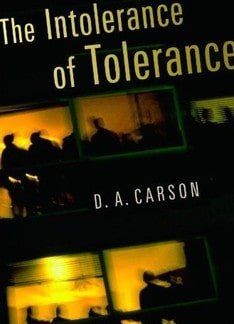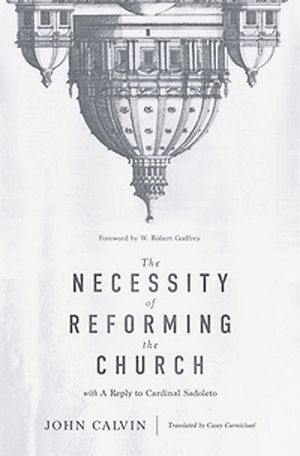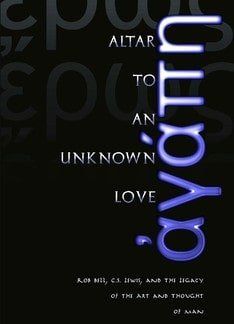The Intolerance of Tolerance
D A Carson
IVP
192 pages, £12.99
ISBN: 978-1-84474-405-3
Star Rating: 4
The benefits department of Dudley Council in the West Midlands apparently once banned all representations of pigs from its offices, for fear of upsetting Muslims. The Co-op Bank requested the organisation Christian Voice to close their accounts with the bank because of their public stance opposing homosexual behaviour. Dartmouth College, in the USA, forbade the distribution by Campus Crusade of C. S. Lewis’s Mere Christianity, as that work might have offended non-Christians.
Don Carson provides page after page of example of this kind of thing in The Intolerance of Tolerance, most, though not all, directed against Christians. The surprising fact, he says, is, not that there is disagreement with Christian beliefs, or even that such beliefs meet with derision, but that this is done in the name of tolerance.
Carson’s main argument is that this modern-day tolerance is a very different thing from the tolerance of an earlier age. The earlier tolerance saw no difficulty in allowing the expression of strong views which differed from the received view of society as a whole. That was, in fact, the essence of tolerance – to allow the expression of dissenting opinions. Today, by contrast, tolerance increasingly means, not allowing, but silencing particular views on the grounds that they may offend those who hold contrary opinions. Hence the scenarios described above.
Don Carson argues that this modern tolerance is itself ‘intrinsically intolerant’. It (wrongly) believes itself to occupy the moral high ground, but is actually ‘socially dangerous’ and ‘intellectually debilitating’. Whereas the older kind of tolerance demanded that competing viewpoints enter into debate amongst themselves, the new intolerance simply closes down all such discussion.
Underlying this new tolerance, as Carson goes on to show, is a moral relativism that believes that the old norms (heterosexual monogamous marriage, for example) simply do not hold any more. Under this new way of thinking, it just does not matter who has sex with whom, provided that both parties are adults and consent. It is no longer a moral issue. Hence, the thinking goes, issues of morality arise now, not in relation to the practice of any particular sexual practice, but when someone has the temerity to argue that some such practice is wrong.
These developments are alarming for the Christian, as their effect is to render illegitimate the public expression of precisely the kind of exclusive truth claims which lie at the heart of the Christian faith. This new tolerance thus tends to the privatisation of religion. Carson rightly warns believers not to give in to such pressures. He ends his book with ‘ten words’ – principles which help Christians to maintain a biblically faithful testimony in societies where the new tolerance reigns. These are all worth pondering, but particularly pertinent to all believers are the exhortations to continue to proclaim and argue publicly for Christian truth, to evangelise and to delight and trust in God, who is still sovereign.
This book will repay careful reading by all who are interested in and concerned by the way in which our society increasingly marginalises the exclusive truth claims of the Christian faith.
Robert Strivens,
London Theological Seminary




















